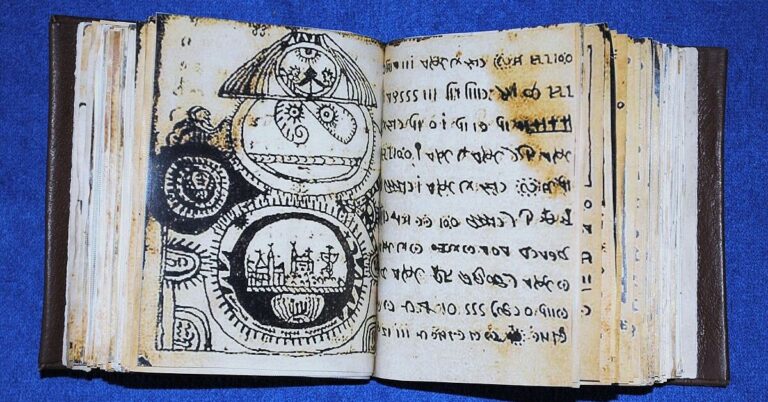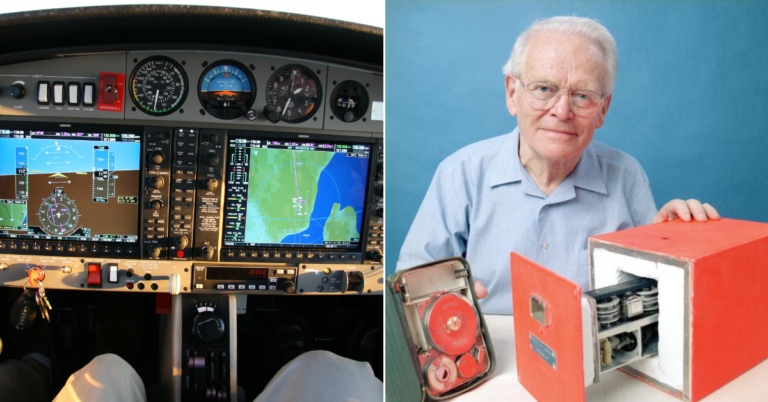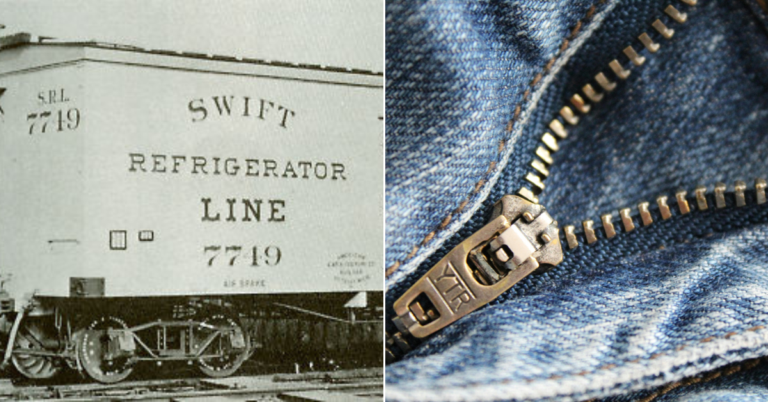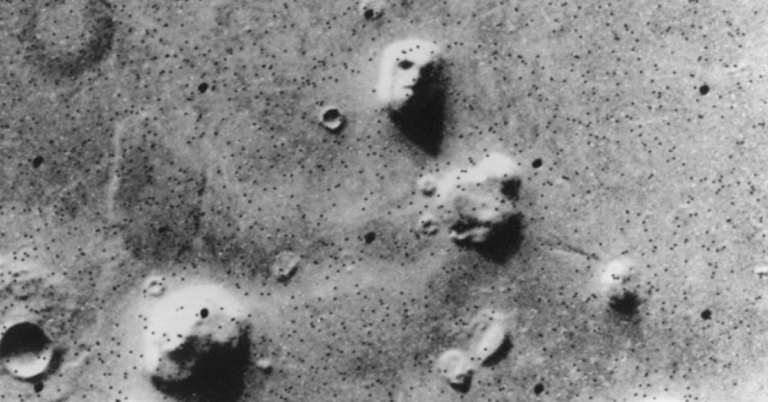5 Discoveries That Have Rewritten History

History isn’t set in stone! Some discoveries have flipped long-held ideas on their heads, offering new insights into ancient civilizations and changing what we thought we knew. Here are five extraordinary finds with a focus on lost cities and enigmatic scrolls that have transformed our understanding of history. Journey into the past with these remarkable discoveries!
The Antikythera Mechanism: Ancient Greek “Computer”

Divers looking for sponges off the coast of Greece in 1901 found a mysterious, corroded device in an ancient shipwreck. Known as the Antikythera Mechanism, this complex bronze artifact turned out to be an ancient Greek “computer” for tracking the movements of stars and planets. Dating back over 2,000 years, it changed what we know about Greek science and engineering.
The Dead Sea Scrolls: Ancient Texts Resurfaced

Discovered by a shepherd in 1947, the Dead Sea Scrolls are ancient manuscripts that date back over 2,000 years. These texts, hidden in caves near the Dead Sea, include portions of the Hebrew Bible and other writings. They’ve provided significant insights into early Judaism and Christianity, forever altering religious and historical studies worldwide.
Göbekli Tepe: The World’s First Temple

This public structure in Turkey, built around 9,600 BCE, shattered ideas of when complex societies began. It predates Stonehenge by 6,000 years and suggests early humans gathered for rituals before agriculture even started. The intricate carvings and massive stones of Göbekli Tepe have left archaeologists wondering what ancient beliefs may have driven such monumental construction.
The Siberian Ice Maiden: A Frozen Time Capsule

In 1993, archaeologists unearthed a mummified woman in Siberia’s permafrost, known as the Siberian Ice Maiden. Preserved with her jewelry, clothing, and tattoos, she belonged to the ancient Pazyryk culture. Her frozen state offered an unusually detailed look at Iron Age customs, burial rites, and artistry, changing our understanding of ancient Siberian life.
The Staffordshire Hoard: An Anglo-Saxon Treasure Trove

In England, 2009 marked the discovery of the Staffordshire Hoard by a metal detectorist, the biggest cache of Anglo-Saxon gold and silver ever discovered. The hoard, which contains more than 3,500 items like weapon fragments and Christian symbols, has significantly altered our understanding of early medieval England and shed new light on 7th-century Anglo-Saxon culture, warfare, and craftsmanship.







